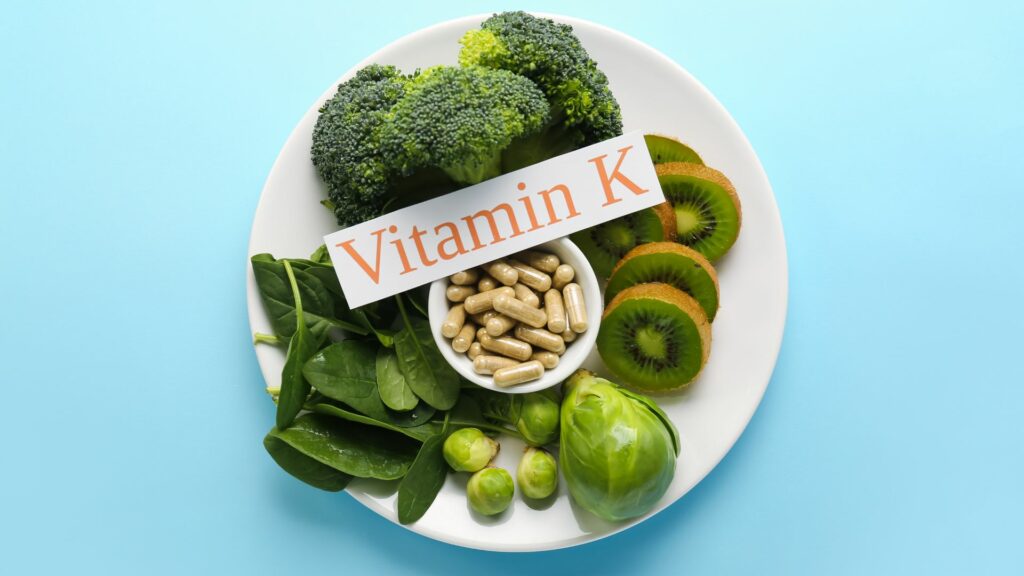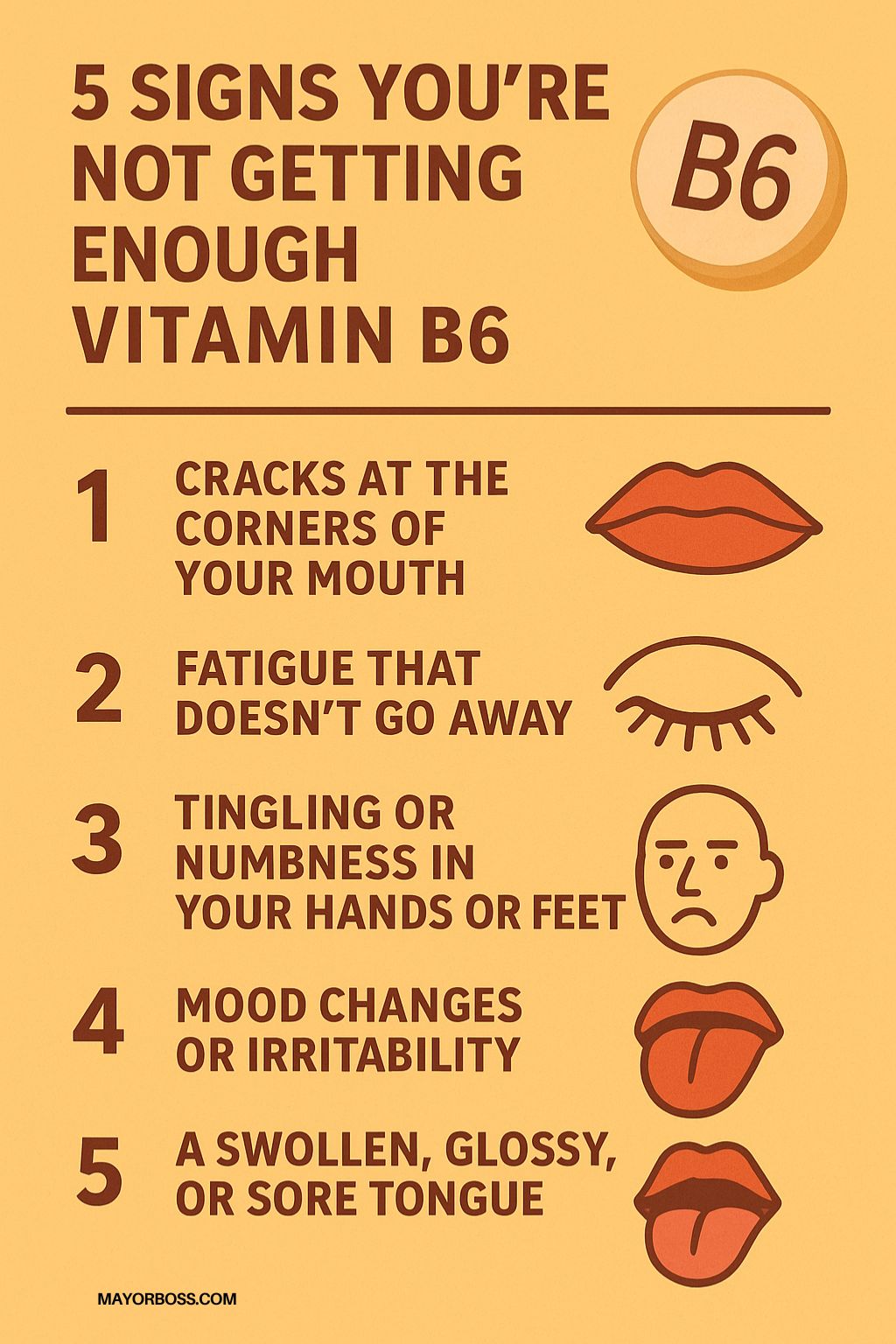Health Benefits of Vitamin K
What is Vitamin K?
Vitamin K is a group of vitamins that helps the body with blood clotting, healing wounds, and keeping bones strong. It is a fat-soluble vitamin that comes in two forms: phylloquinone (vitamin K1) and menaquinones (vitamin K2). Vitamin K1 is found in green leafy vegetables like collard greens, spinach, and kale, while vitamin K2 is produced by bacteria in the intestines.
Put simply, vitamin K plays an essential role in bone health and regulates blood clotting. It also helps prevent excessive bleeding.
Vitamin K deficiency is rare but can cause a condition called Vitamin K Deficiency Bleeding (VKDB), which happens when babies cannot stop bleeding. That’s because their blood does not have sufficient Vitamin K to form a clot. That’s why doctors recommend that all newborn babies receive a Vitamin K shot after birth.
I’ll talk more in detail about all the health benefits of Vitamin K below
Health benefits of vitamin K

1. Blood Clotting
As I mentioned, vitamin K helps the body form blood clots, which are necessary for stopping bleeding and preventing excessive bleeding. Without enough vitamin K in your system, you may be more prone to bruising or heavy menstrual bleeding.
2. Bone Health
Vitamin K is essential for regulating calcium levels in the body, which is important for strong bones and healthy teeth. According to the National Institutes of Health, scientific evidence shows that people who get enough vitamin K have stronger bones than those who don’t get enough of this nutrient. It helps prevent osteoporosis. In short, vitamin K significantly prevents osteoporosis, bone fractures, and other bone-related problems.
3. Heart Health
Vitamin K has been linked to improved heart health by helping to reduce inflammation and prevent calcification of arteries (hardening of the arteries). It also helps reduce cholesterol levels in the blood, which can help reduce your risk of heart disease and stroke.
4. Cognitive Function
Studies have found that people with higher levels of vitamin K tend to have better cognitive function than those with lower levels of this nutrient. This could be due to its role in regulating calcium levels in the brain, which is important for memory formation and learning ability.
5. Cancer Prevention
Multiple studies suggest that getting enough vitamin K may help protect against certain types of cancer, such as breast, prostate, lung, and colorectal cancer. However, more research needs to be done before any definitive conclusions can be made about its potential cancer-fighting properties.
How to get enough vitamin K
The best way to get enough vitamin K is by eating a balanced diet that includes foods high in this nutrient. Green leafy vegetables like kale, spinach, and collard greens are some of the best sources of vitamin K1. Other good sources include Okra, broccoli, Brussels sprouts, cauliflower, cabbage, asparagus, and avocados.
You can also get vitamin K2 from fermented foods like cheese, yogurt, sauerkraut, and natto (fermented soybeans). However, if you’re not getting enough vitamin K from your diet, a supplement may be necessary.
How much vitamin K per day?
The recommended daily allowance (RDA) for vitamin K is 120 micrograms for adult men and 90 micrograms for adult women. However, you may need more or less depending on your health status and dietary habits. Talk to your doctor before taking vitamin K supplements to make sure you get the right amount.
How much vitamin K per day?
The recommended daily allowance (RDA) for vitamin K is 120 mcg for adult men and 90 mcg for adult women. However, you may need more or less depending on your health status and dietary habits. Talk to your doctor before taking vitamin K supplements to make sure you get the right amount.
In conclusion
As you can see, vitamin K is an essential nutrient that plays an important role in the body. It helps with blood clotting and building strong bones, as well as cognitive function and heart health. Getting enough of this nutrient from food or supplements is key to maintaining good health.
Make sure you talk to your doctor before taking any supplements, as they can interact with certain medications or medical conditions you may have.
Further Reading: Foods Surprisingly Rich in Vitamin K






